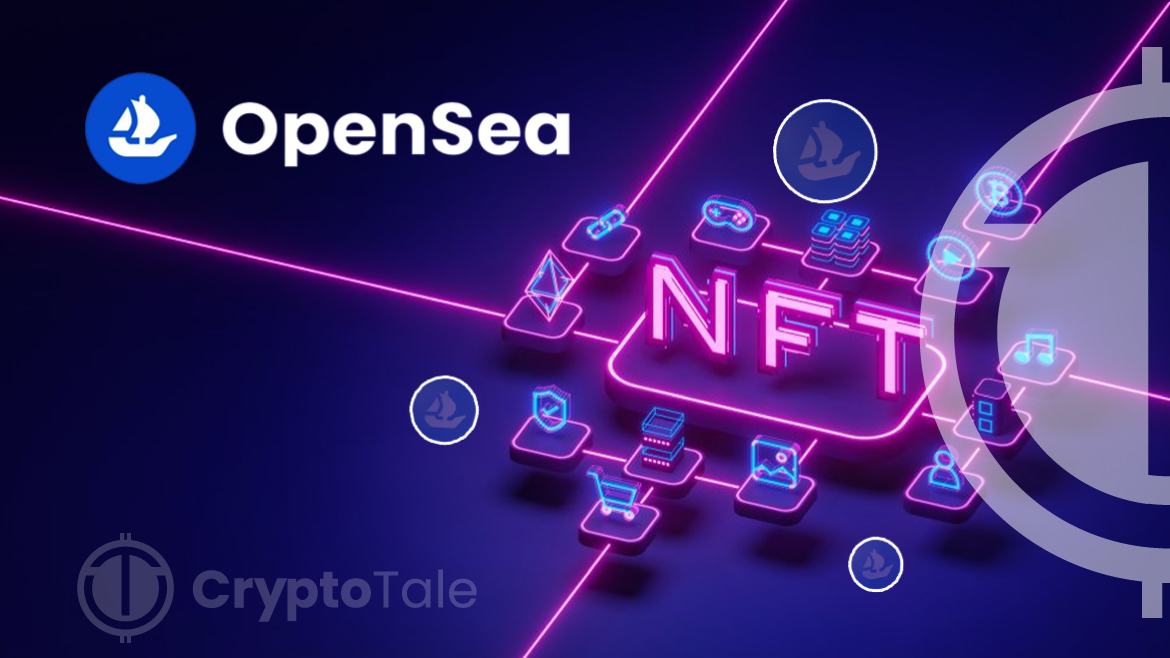- OpenSea 2.0 introduces a more dynamic interface, with features like a calendar display for ticket NFTs, enhancing user engagement.
- Despite market challenges, OpenSea remains committed to broadening NFT use cases and maintaining Ethereum’s dominance.
- Global NFT sales declined significantly in the past year, signaling a shift in the digital asset market and social media trends.
OpenSea, a leading NFT marketplace, is working on a significant upgrade named OpenSea 2.0, aiming to revolutionize user interaction with NFTs. Devin Finzer, CEO of OpenSea, emphasized the need for a more dynamic marketplace interface tailored to diverse NFT categories like gaming tokens and event tickets. He highlighted the platform’s aim for a marketplace interface that can be “better customized to suit each type of use case.”
The upgrade includes innovative features like displaying ticket NFTs on a calendar and sorting them by date, offering a more user-friendly experience. OpenSea is also enhancing its pro trading platform, making it more accessible to users. This move comes in response to the rising competition from platforms like Blur and Tensor, which cater to professional traders. OpenSea’s focus on improving the interface for collectors and traders alike highlights the evolving landscape of NFT marketplaces.
Security measures are also expected to be stepped up with better detection of counterfeit NFT collections and malicious URLs. While Finzer did not comment on the potential reinstatement of mandatory royalties for NFT creators, he did shed light on emerging trends in the blockchain sector. Notably, there’s an increasing shift towards using the Solana blockchain for NFTs, alongside a growing interest in Ordinals, a new form of NFT-like assets on the Bitcoin blockchain. However, he remained confident in Ethereum’s dominance in the NFT space, especially with its improved transaction efficiency.
OpenSea, valued at $13 billion in early 2022, experienced setbacks, including staff layoffs and criticism over royalty policies. Competing marketplaces have started to gain traction, yet Finzer remains focused on long-term goals rather than short-term market dynamics. He went on to highlight OpenSea’s commitment to developing compelling NFT use cases beyond mere sales figures.
This development occurs amid a broader market trend where global NFT sales plummeted by 63% to $8.7 billion last year, contrasting sharply with the crypto boom in 2021. The decline in NFT sales contrasts with Bitcoin’s remarkable 160% surge in 2023. NFTs, once a mainstream gateway to cryptocurrency and a status symbol, have seen a shift in their social media presence, with platforms like X (formerly Twitter) recently ending support for NFT profile pictures.






